Is the allure of that new car smell tempting you to upgrade your ride? But the big question is: should you buy or lease your next vehicle? Buying a car means that you own and can do whatever you want with it, but it also comes with some drawbacks. Depreciation is the most worrying.
Leasing allows you to rent a vehicle for a fixed period and then return or purchase it at the end of the contract. Let’s talk about 10 reasons why you shouldn’t pay for a car and why leasing is a better option for you.
Today’s Focus of Attention is reader-supported. We sometimes include products we think are useful for our readers. If you buy through links on this page, we may earn a small commission.
1. Lower Payments
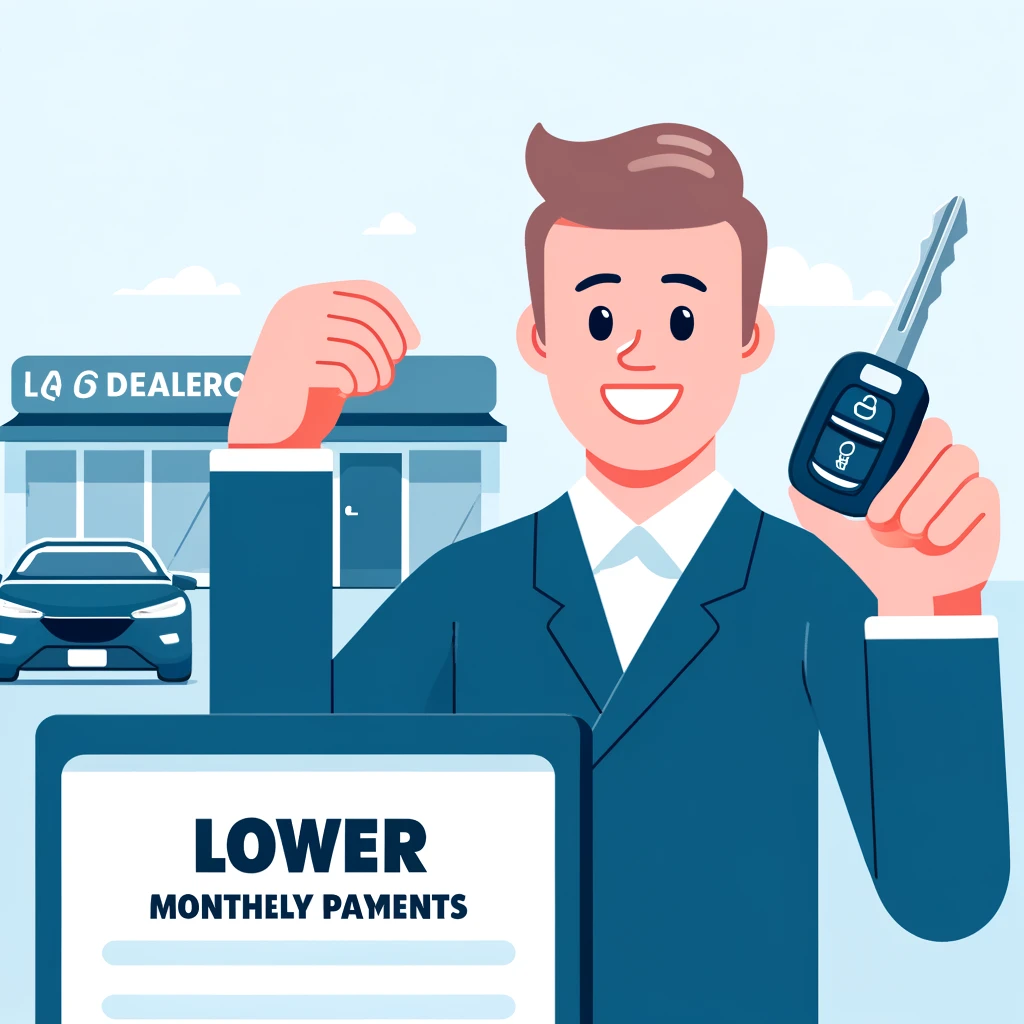
The first big benefit of leasing a car is that you can enjoy smaller monthly charges than if you were to buy one.
As Investopedia notes, lease payments are generally more budget-friendly than loan instalments for a new vehicle. This is because when you lease, you only pay for the depreciation during the agreement, not the full price.
Thus, you can save money every month, invest, or cover your needs.
2. Less Cash Required Upfront
Another positive aspect of leasing a car is that you don’t have to make a large down payment. Most leases require little to no deposit, so you get behind a new set of wheels without breaking the bank.
Initial costs like the first month’s payment, taxes, title, and registration fees are usually more affordable in a lease than the down payment required for a purchase.
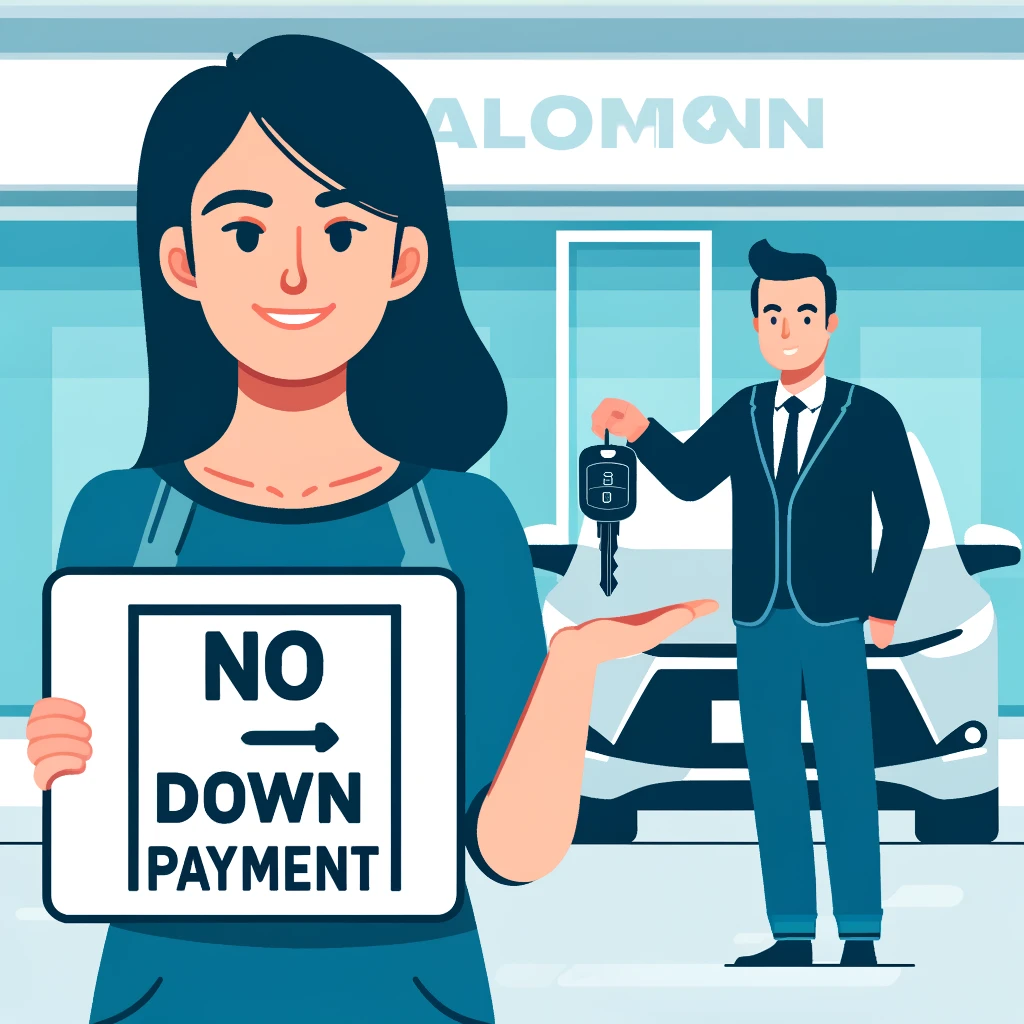
3. Lower Repair Costs
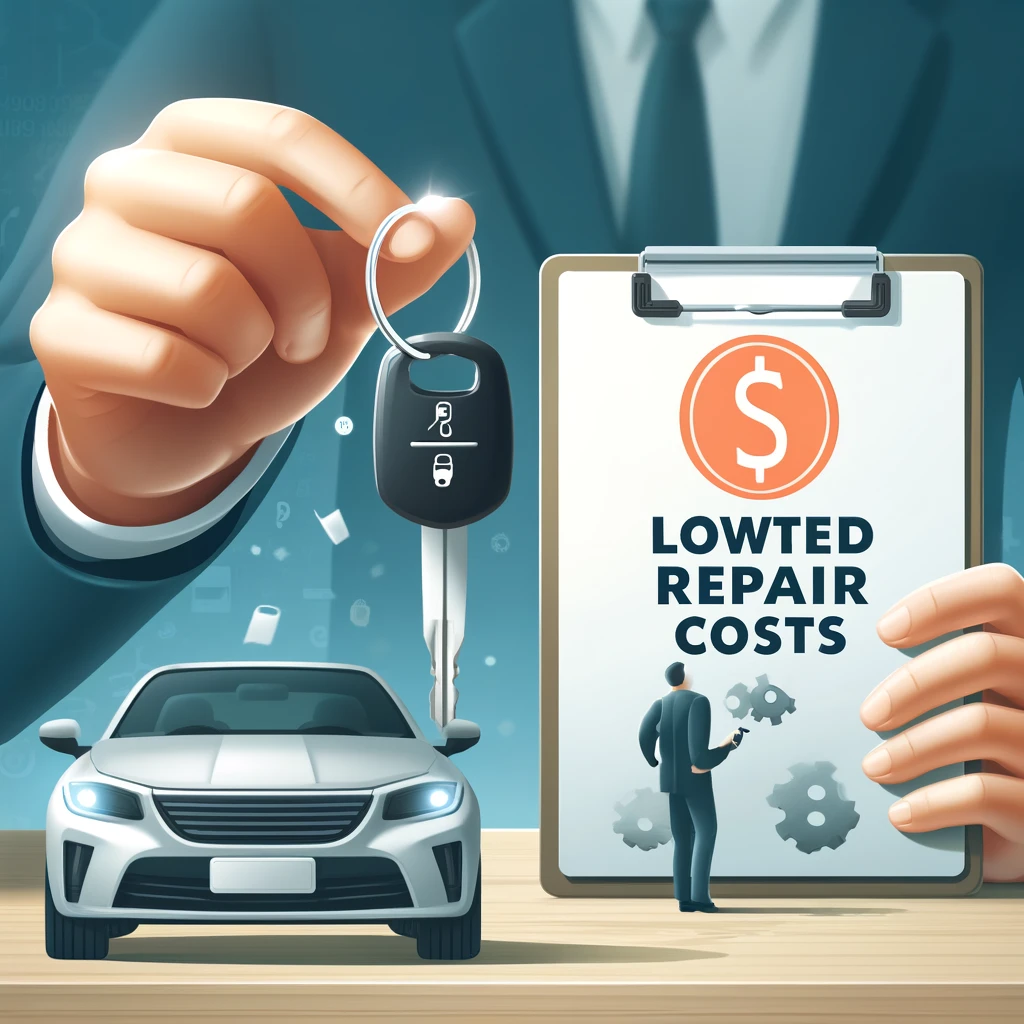
Don’t worry about paying for expensive repairs or maintenance with a rental. The reason behind this is that most leases are shorter than the manufacturer’s warranty period; hence, any problems with the car will be covered by the automaker.
Some leasing companies even include free or discounted services, which can save you more money.
Review your lease, warranty, and maintenance agreements to understand what’s included and avoid unexpected bills.
4. No Resale Hassle
The biggest headache of owning a car is selling or trading it in when you want to get a new one. You must find a buyer or a dealer who will offer you a fair price, negotiate the terms, deal with paperwork, and transfer the title and registration.
This is time-consuming and financially risky.
When you lease, don’t fret about any of that. You return the car to the leasing company at the conclusion of the contract and walk away.
After the rental period, you may still be liable for additional amounts, such as excess wear and mileage, but these are minor compared to the hassle of reselling.
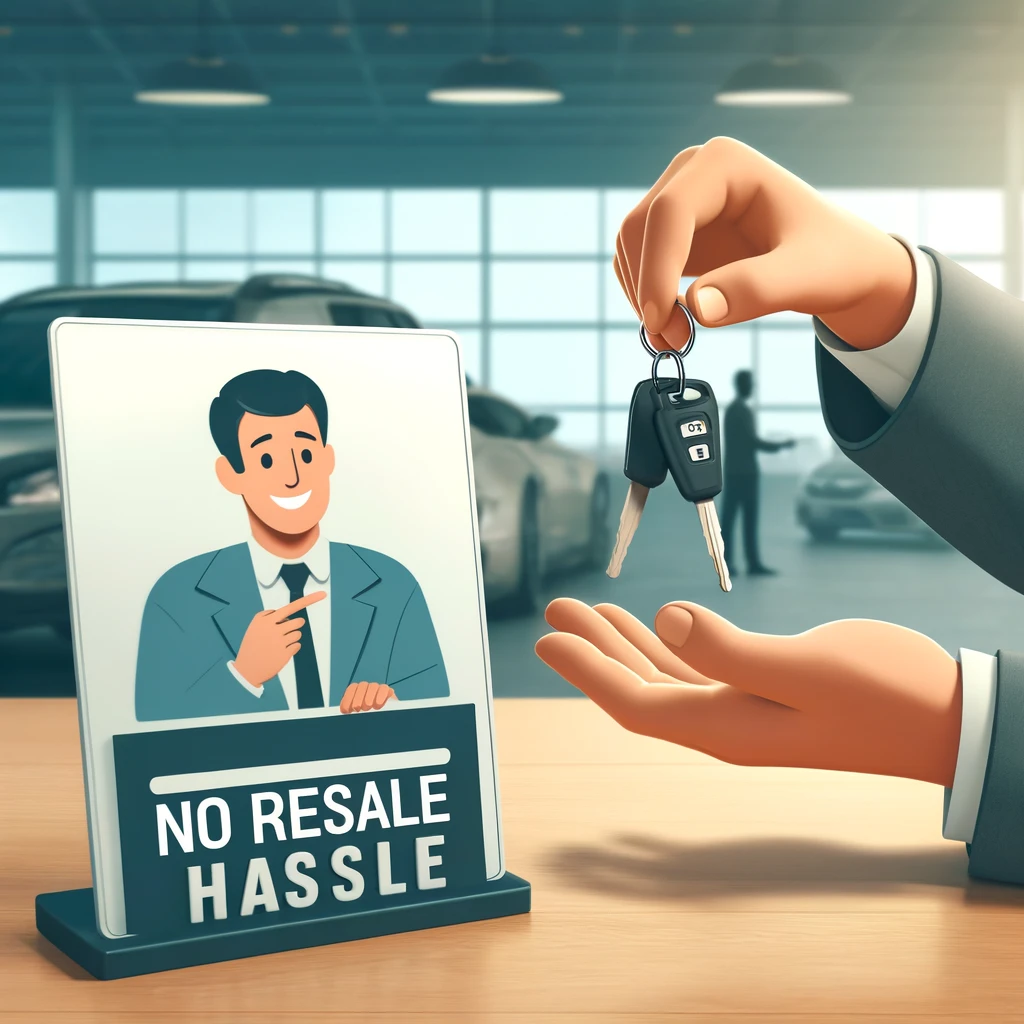
5. A New Model Each Time
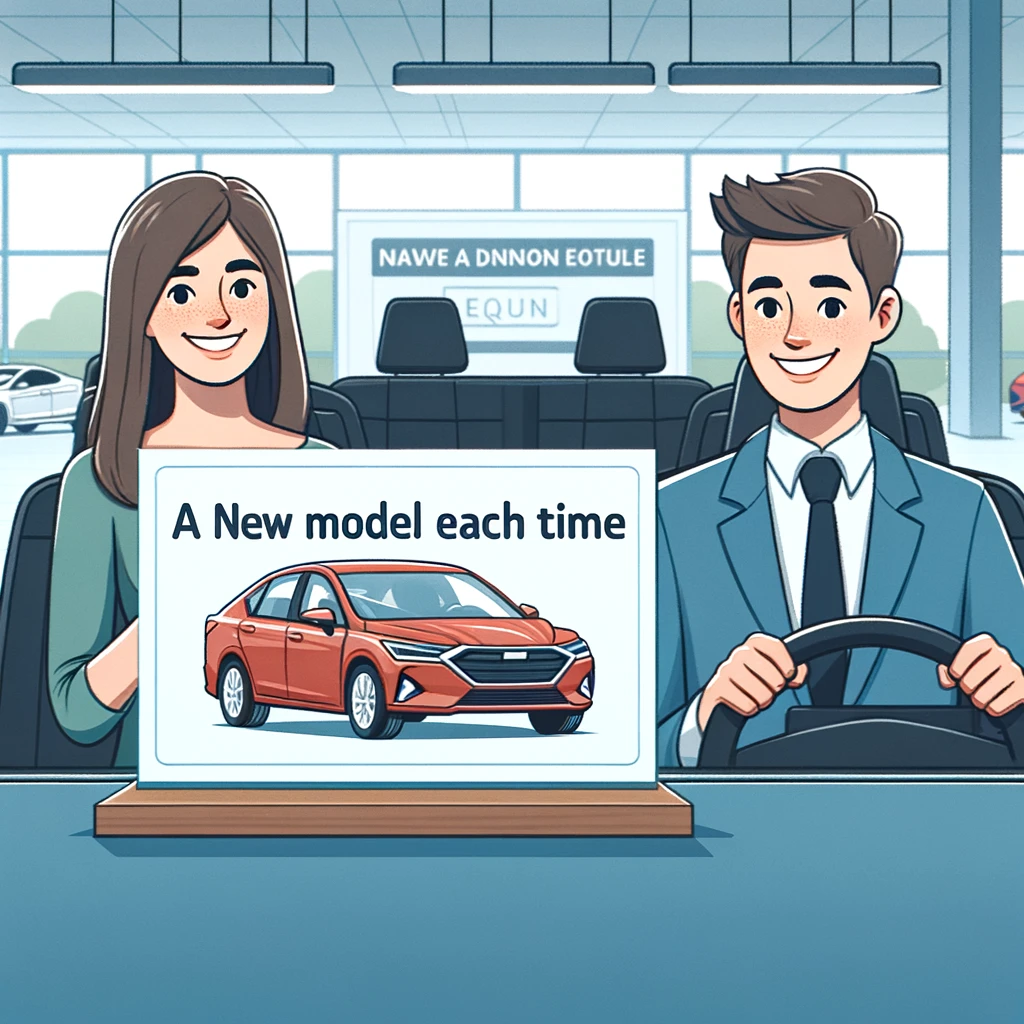
With leasing, you can drive a newer vehicle every 2-4 years without having to commit to owning it. Most leases last between 24 and 48 months, which means that you could enjoy the latest features, technology, safety, and performance of a just-released car.
Apart from that, different models and brands are available whenever you lease, giving you more variety and flexibility.
6. Tax Benefits
Depending on where you live and how you use your car, leasing may offer tax advantages over buying. For example, if you lease an SUV for business purposes, you might deduct some of your payments as an expense on your tax return.
This can lower your taxable income and save you money on taxes.
Note: Tax laws vary, so consult a professional for advice tailored to your situation.
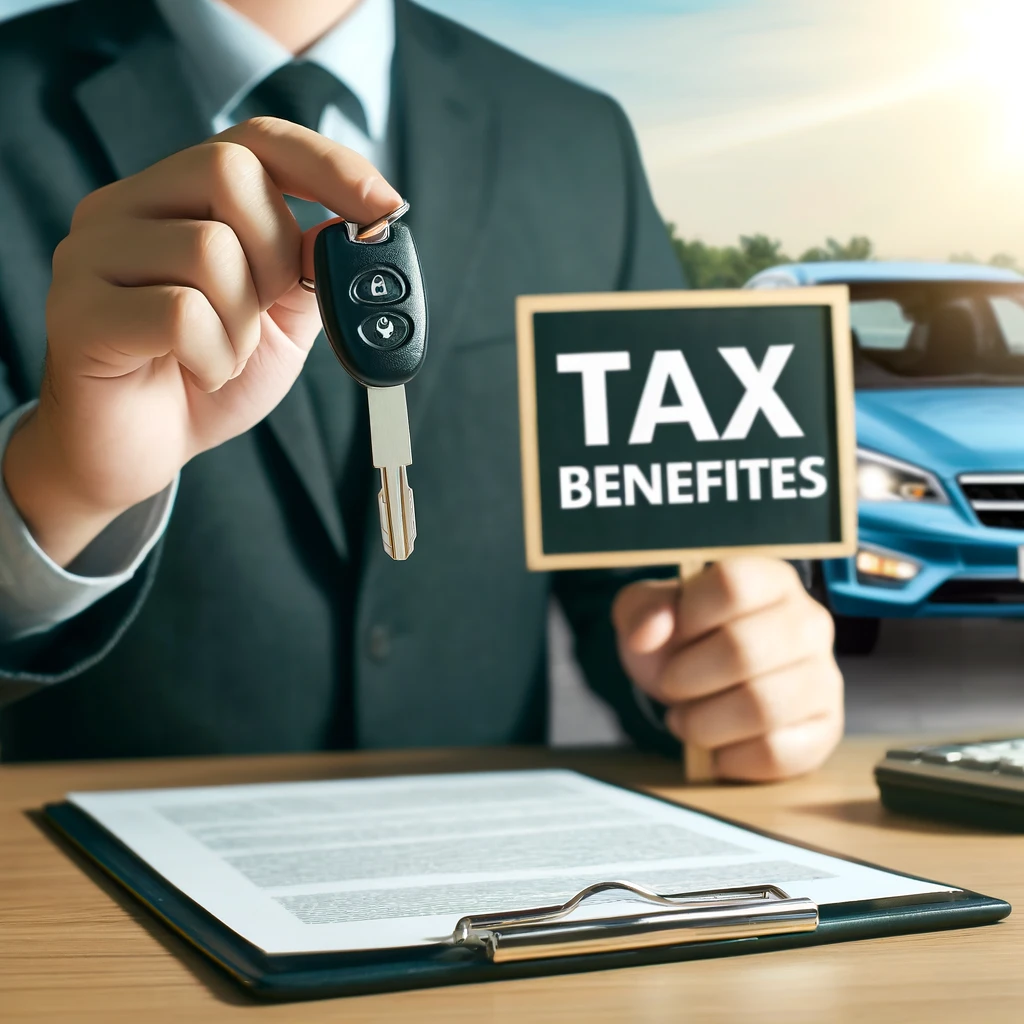
7. Gap Coverage
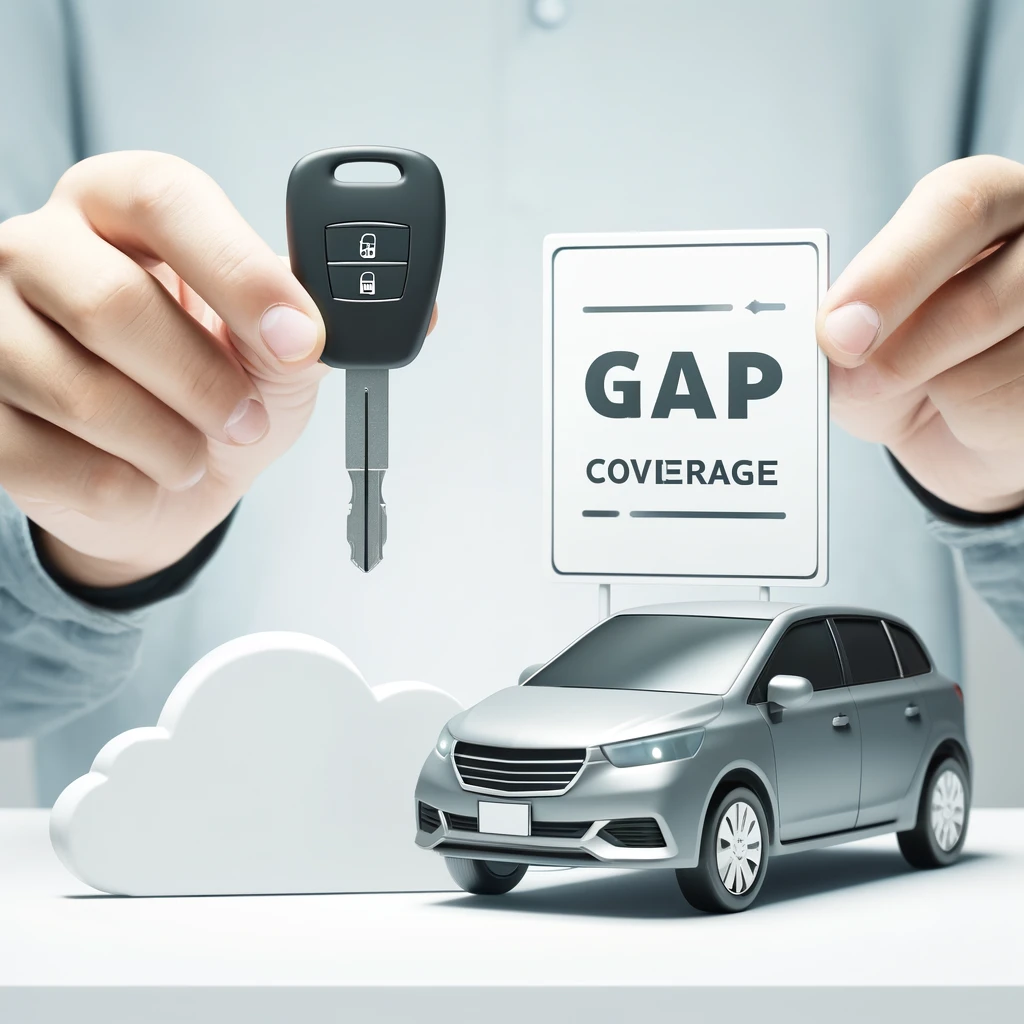
It protects you in case your vehicle is stolen or totalled in an accident, paying the difference between what you owe on your lease and what your insurance company pays for your car’s value.
This way, you don’t pay out of pocket for the remaining balance on your leasehold if something happens to your auto.
Always check your lease agreement, as gap coverage isn’t universally included.
8. More Options
When you lease your car, you have a number of alternatives compared to when you buy one. You can customise your deal to suit your needs and preferences, such as the length, the mileage limit, the residual value, and the rent charge.
It’s even possible to transfer your contract to someone else if you want to get out before the agreement expires, although this involves fees and requires approval.
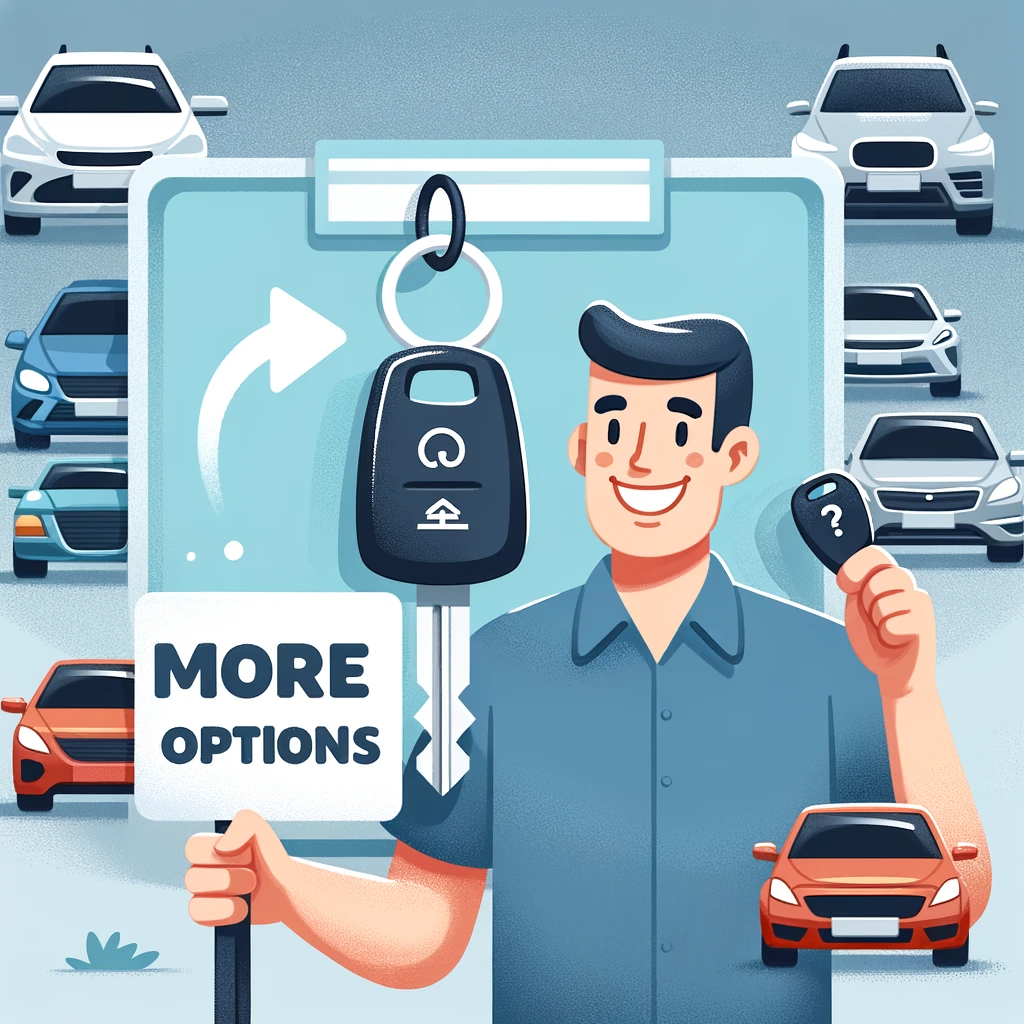
9. Less Depreciation
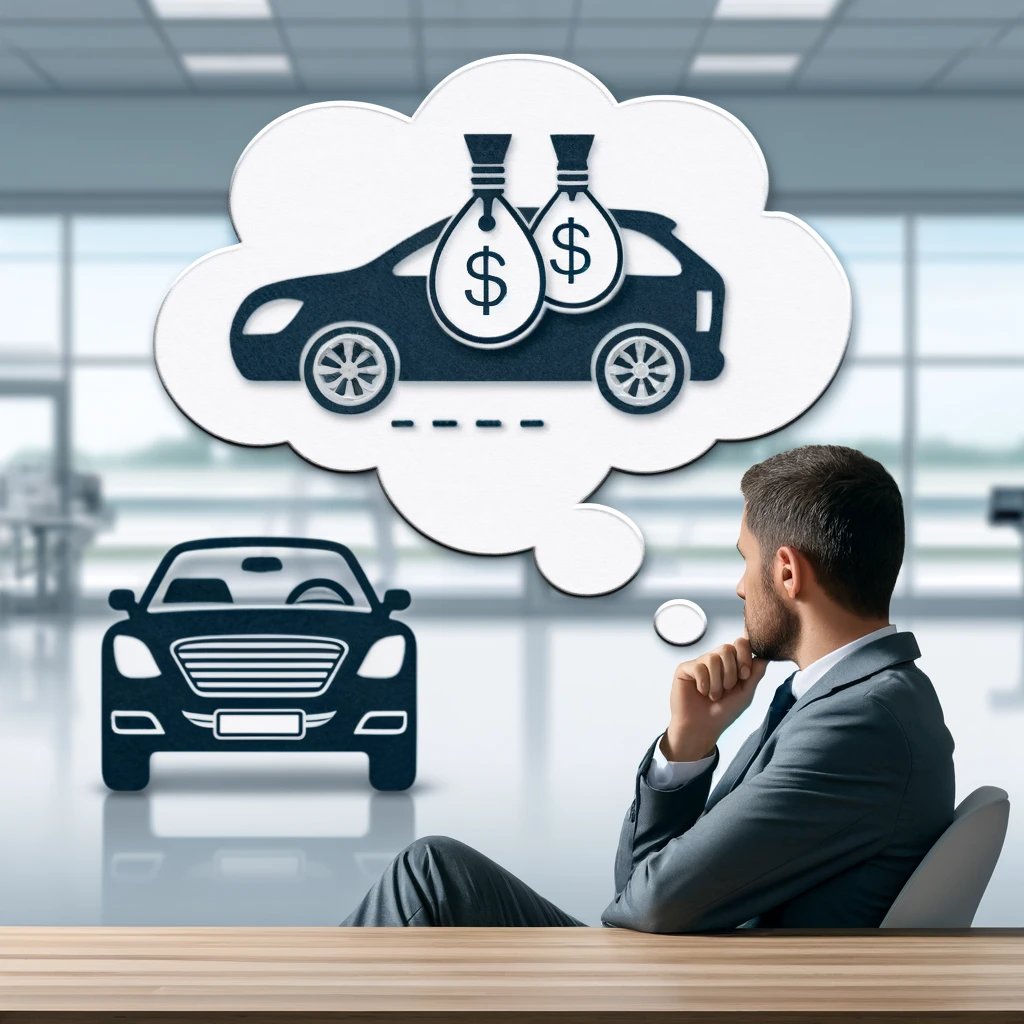
A car loses value as soon as you drive it off the lot. This is called depreciation, a significant loss if you decide to sell or trade in your auto later. But when you lease, don’t sweat because the car is not yours.
The lessor bears the risk of devaluation, not you.
You’re only responsible for the wear and tear that occurs during your lease term, which is less than the total of the vehicle.
To illustrate, if the car’s value exceeds the residual value at lease-end, you could buy it at a bargain or use it as a trade-in.
10. Easier Approval
Last of all, leasing a car may be less stressful than buying one if you have bad credit or no financial record. This is because lease providers are more willing to approve leases than loans since they have less risk involved.
They look at other factors besides your lending score, including your income, employment, and residence.
Of course, having good payment behaviour will help you get better terms and lower interest rates on your lease, but it’s not a strict requirement.
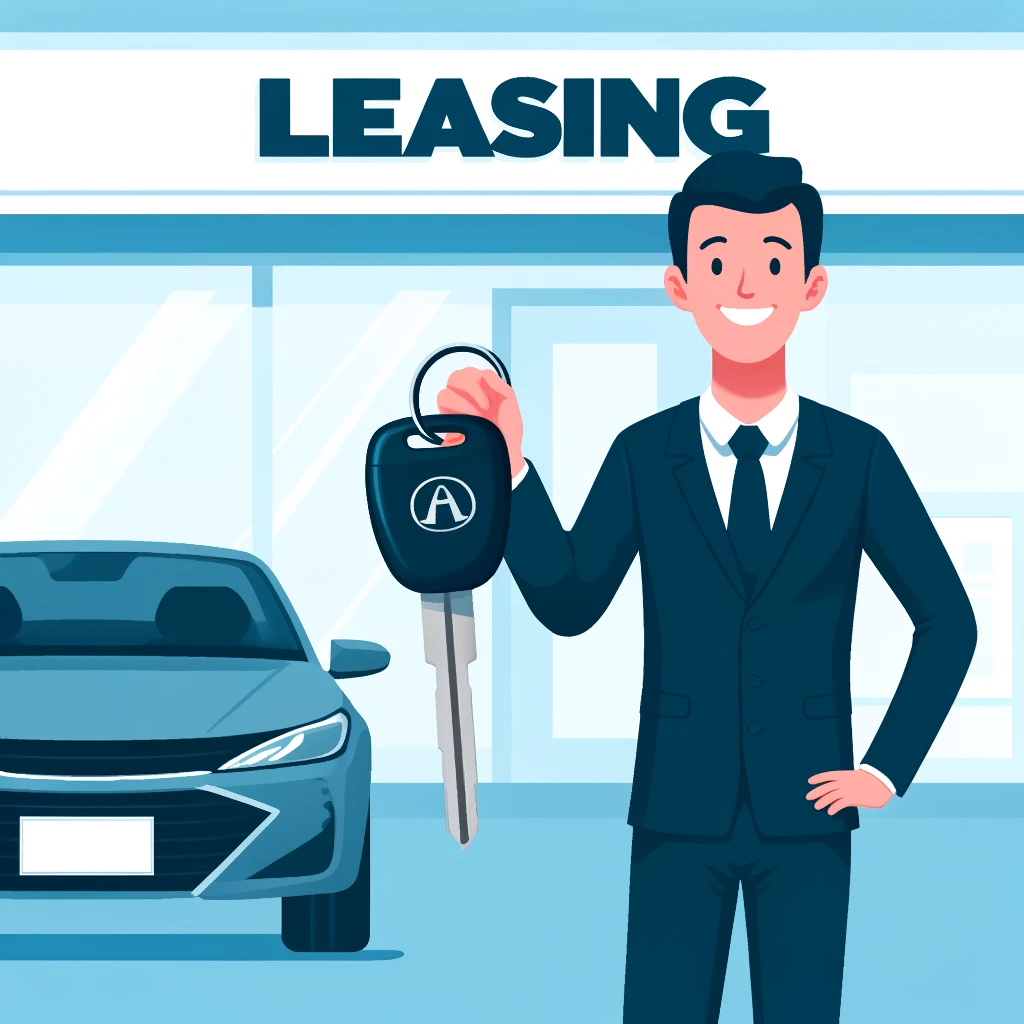
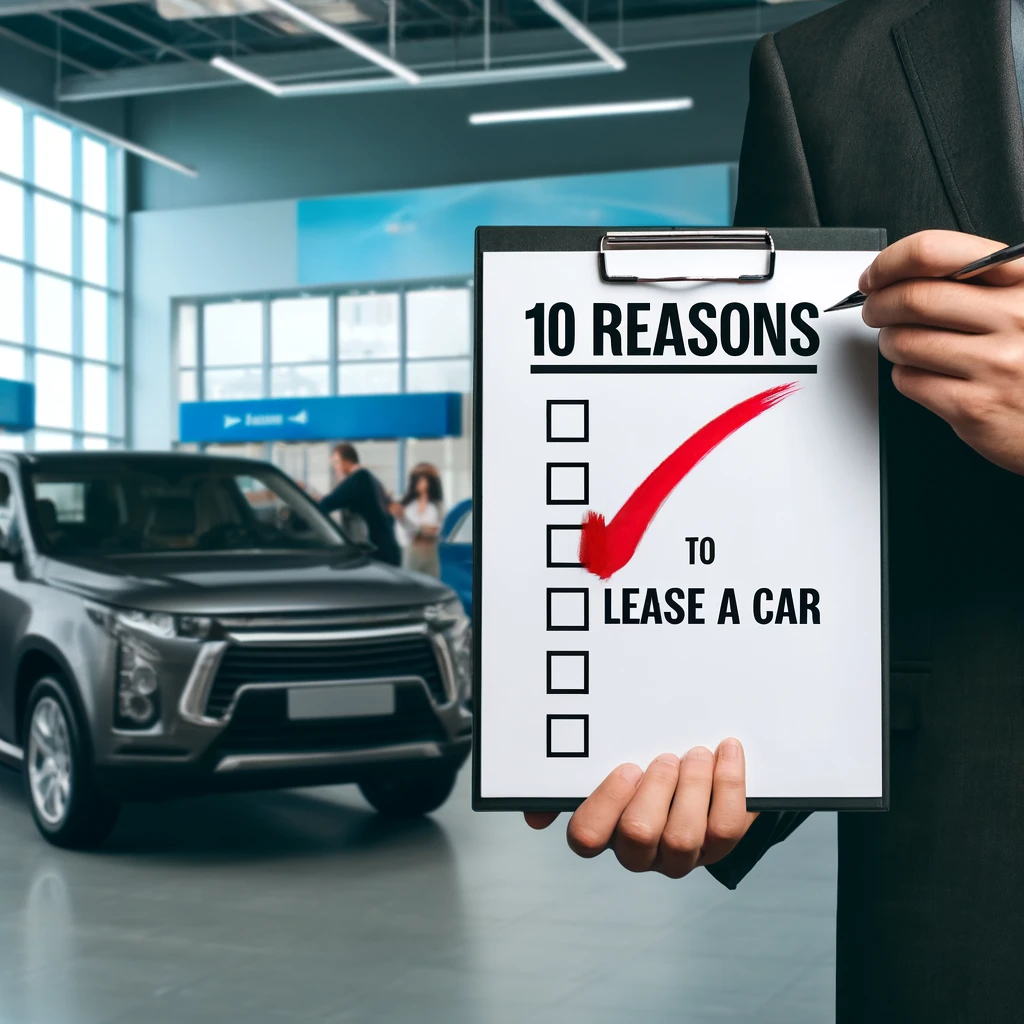
In conclusion, leasing a car offers numerous advantages over buying, from financial flexibility to the freedom to drive the latest models. But the choice lies in your hands.
Weigh the pros and cons, consult your budget, and consider your lifestyle needs. Keep in mind that cars are depreciating assets and often liabilities rather than investments.
We hope this article has armed you with the information you need to make the best choice for you. Please share your thoughts or experiences in the comments below – we’d love to hear from you.



2 thoughts on “10 Benefits of Leasing a Car Instead of Buying One”